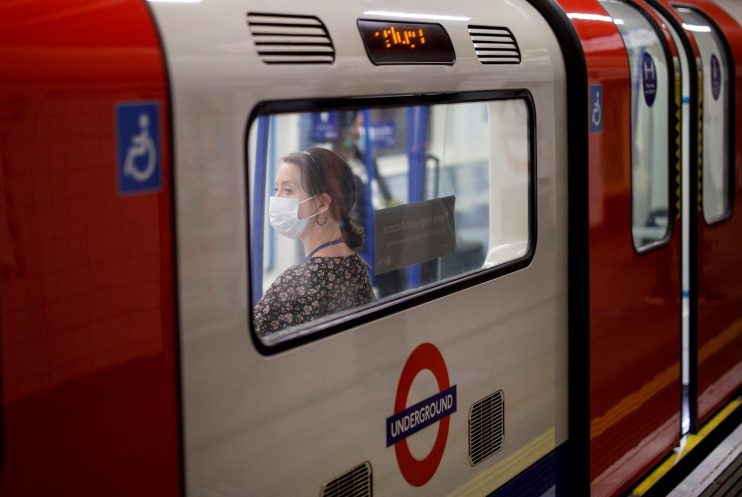City Hall warns failure to fund TfL will leave £2.1bn hole in Treasury’s finances

A failure to strike a long-term funding deal for TfL would result in a £12bn hit to the capital’s economy, according to new City Hall analysis.
The Mayor and Transport for London have been locked in negotiations with the Department for Transport over a new funding package for the network, which has been hit badly by a lockdown-induced collapse in fare revenues.
An emergency bailout deal, TfL’s third since the pandemic struck, was originally planned to come to an end last Saturday but has been extended until this Friday.
The new analysis suggests that under a ‘managed decline’ scenario, in which 18 and nine per cent of bus and tube services respectively are cut and a host of road upgrades canned, some £7.3bn-worth of ‘transport user benefits’ would be lost and a further £4.5bn of economic growth also foregone.
But the data will also focus minds in the Treasury, with the analysis suggesting the hit to the Treasury could be as much as £2.1bn over the next 10 years due to London’s slowed growth.
Last year the capital contributed a surplus of £36.2bn to the Exchequer.
Last night the Mayor of London Sadiq Khan called on the government to negotiate so “we can save London’s transport network, and with it the economic recovery in the capital and wider country.”
The Department for Transport have previously said they are committed to London and a deal that works for all taxpayers.
Andy Byford, London’s Transport Commissioner commented: “There is a clear relationship between London’s economy and the efficient and reliable transport service that supports it. There can be no UK recovery from the pandemic without a London recovery, and London’s recovery will rely upon its transport system.”
The Commissioner also outlined that it is crucial in the days before the current agreement with the Government expires that a solution is found that prevents a “downward spiral for transport in the capital”.